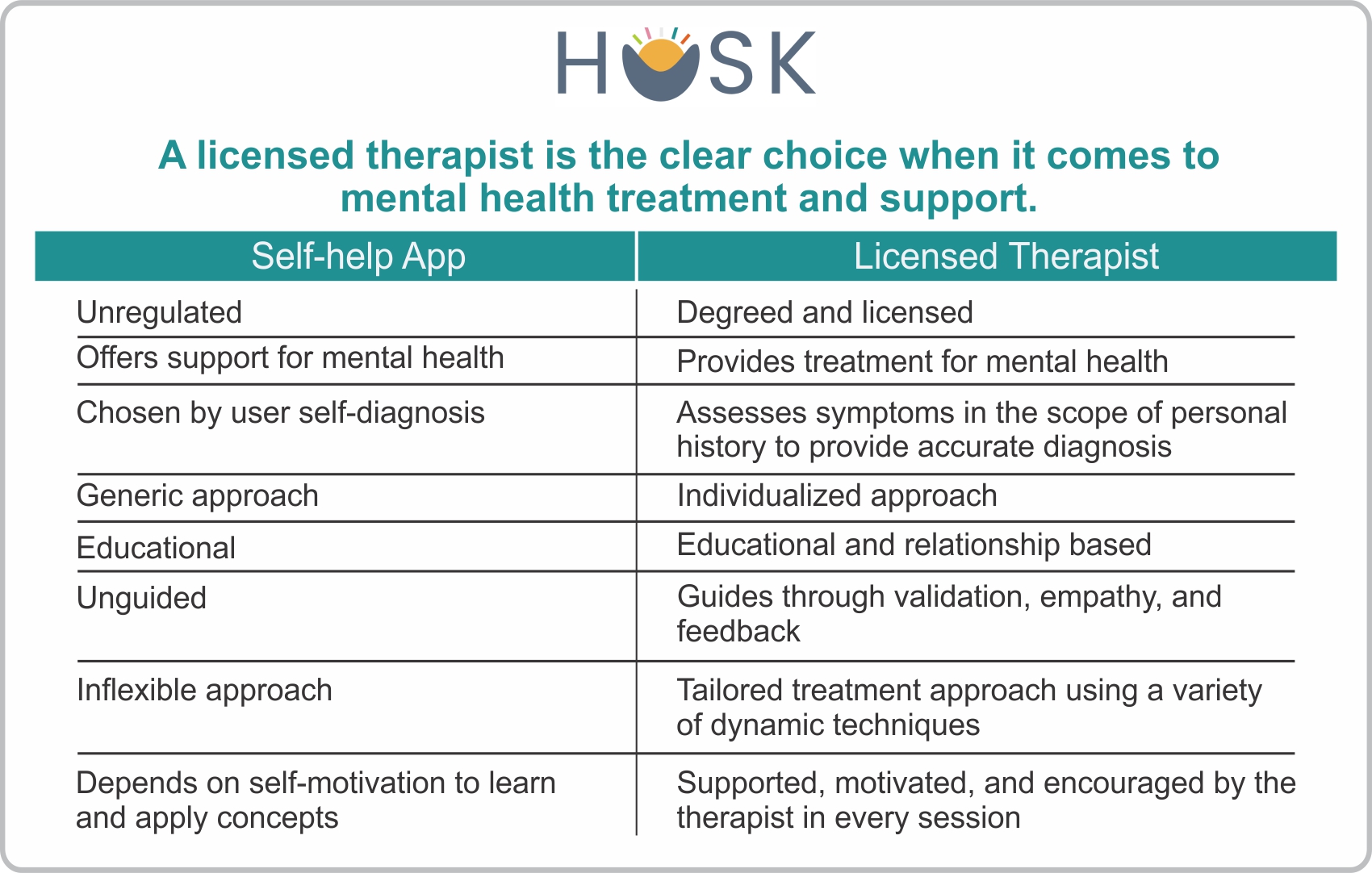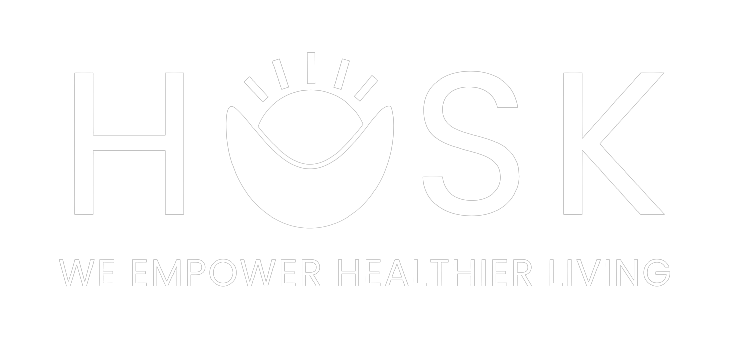
Your Mental Health: Choose a Licensed Therapist, Not an App
As the global appetite for mental health intervention rises, app developers have capitalized on the crisis, creating a multi-billion-dollar industry that has put more than 10,000 self-help apps at our fingertips. With promises of ease, affordability and minimal time commitment, app, text, and wearable device subscriptions claim to address every possible mental health concern. But is the instant gratification
worth the risk?
Buyer Beware:
Research has recently come to light that points to inconsistent efficacy of self-help apps. A study of 50,000 patients found no convincing evidence that any mobile app intervention greatly improved outcomes related to people’s anxiety, depression, smoking, drinking, thoughts of suicide, or feelings of well-being.
Any developer can add an app to the app store, and in this unregulated sector, overpromising has led to rapid dropout of user engagement, which can lead to ongoing symptoms and delay seeking much-needed professional treatment.

Caring for your mental health doesn’t have to be an independent endeavor. One of the most impactful ways to support your mental health involves seeking care from outside resources. Even with their limitations, there can be a place for a self-help app, but one should not be the starting point of your wellness journey. Instead, discuss the use of an app with a trusted licensed therapist. If deemed beneficial, an app can be used for inspiration and motivation in conjunction with your therapy; it should never be considered an alternative to professional treatment.
The power of a relationship with a therapist cannot be underestimated and many health insurance plans include mental health benefits. If you are seeking personal support connect with a therapist here. If you are interested in offering mental health services to your employees connect with a member of the Husk team here.
Taylor Robson, MS, MEd, LMHC is a licensed therapist in FL, GA, NC, TX, and WI. She provides individual therapy services via telehealth at Husk Wellness. Taylor utilizes a variety of evidence-based techniques (CBT, DBT, ACT, Mindfulness, EMDR) to tailor treatment approaches to best meet clients’ needs.
